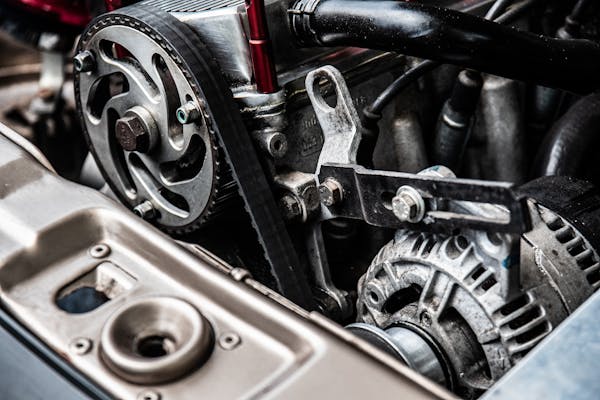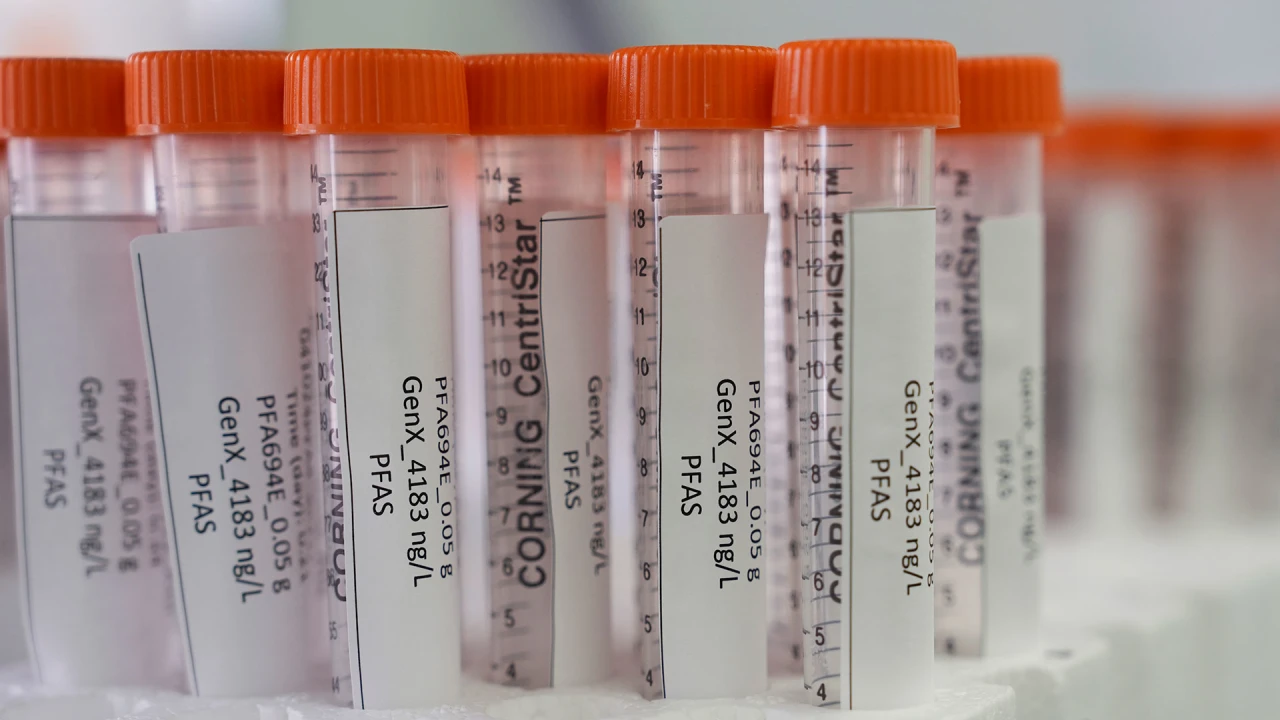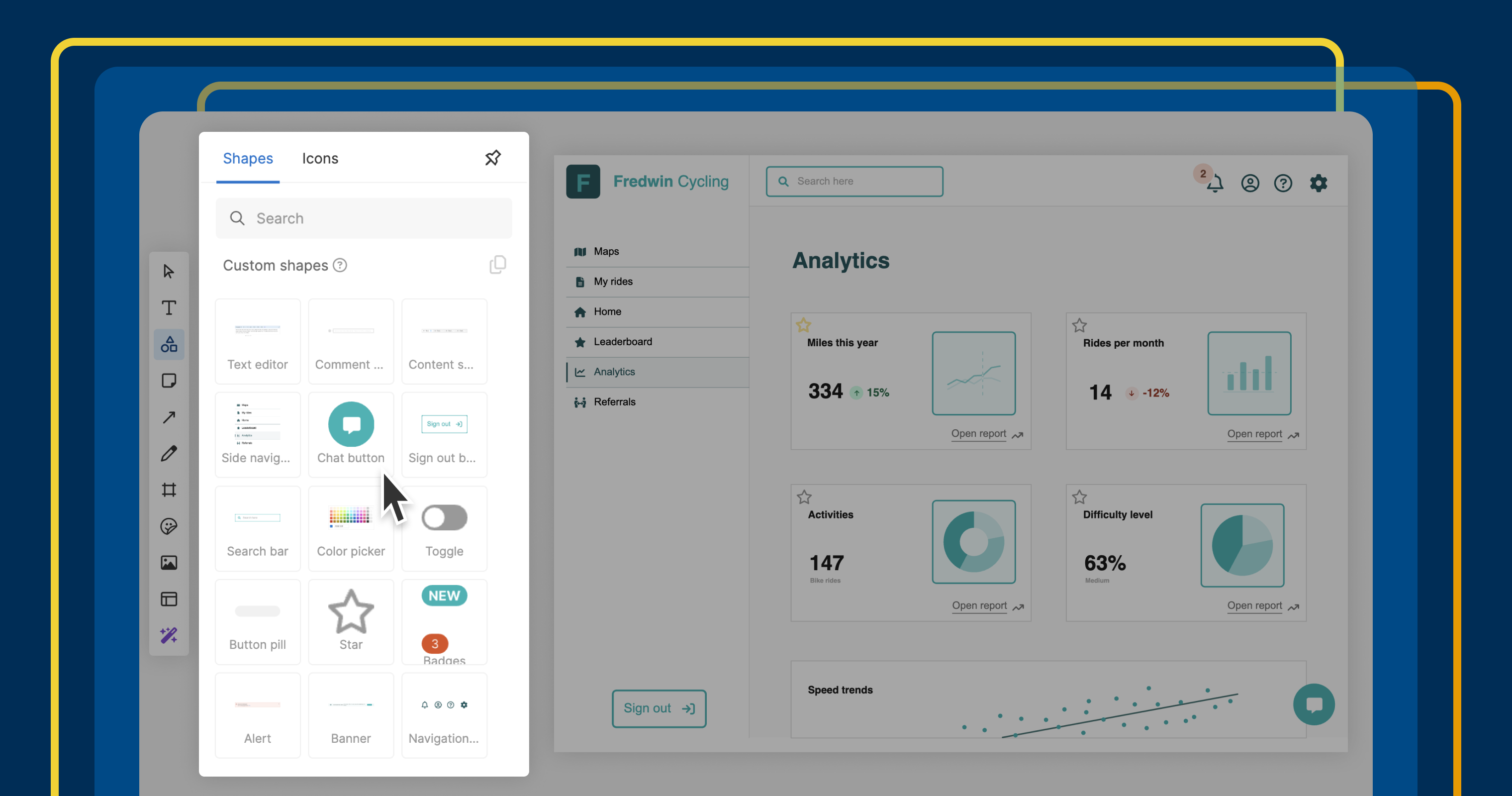5 Things to Know Before Replacing your Engine with Used Engine
One of the cheaper options many vehicle owners look into is engine replacement with used engine.
5 Things to Know Before Replacing your
Engine with Used Engine
When your vehicle's engine starts to fail—whether it's knocking sounds, poor gas mileage, or complete breakdown, you have a very important choice to make. One of the cheaper options many vehicle owners look into is engine replacement with used engine. Often, it's the faster and cheaper alternative to rebuilding or buying a new one. But without the right know-how, diving into the process can lead to more hassles and unnecessary expenses.
Before you make your decision, here are five important facts you should know in order for your used engine replacement to be a smart, long-term investment.
1. Compatibility Check
Before anything else, make sure the used engine you’re considering is fully compatible with your vehicle. This doesn’t just mean buying an engine from the same make and model—it gets more specific than that. Small differences in year, trim, or even region (US vs EU models) can mean different wiring harnesses, sensor placements, or mounting points.
One guaranteed way of being certain you're using compatible engines is to cross-check your car's VIN (Vehicle Identification Number) and engine code. These will allow you to find the correct engine variant for your car. Incompatible engines will physically fit but not operate properly with your car's ECU (Engine Control Unit), leading to problems, warning lights, or just not starting at all.
Get recommendation from a licensed mechanic or engine manufacturer to ensure the replacement engine is an original match. Many repair shops go so far as to offer VIN-matching for verification before offering the engine for sale. Another option is to look for trustworthy online seller, they can make your purchasing journey quite easy and fast.
2. History & Mileage
One of the most important things to consider in choosing a used engine is its age, specifically its mileage, service history, and condition of the donor vehicle. Ask the seller for any records they have available, such as the car's service history from which it was sourced. Did the engine come out of a crashed car? Was the damage on the body only, or did it compromise engine performance?
While reduced mileage is typically better, it is not the only consideration. A 90,000-mile engine that had good care could be far more reliable than a 60,000-mile engine with bad care or neglect.
Also ask if the engine was tested before removal. Most quality sellers conduct compression tests or video demonstrations to show the engine operating correctly before pulling it from the donor vehicle. This crucial for engine replacement with used engine.
3. Health & Damage of the Engine
Even when the paper is excellent, an inspection is required before completion of sale. Look for leaks, cracks in the block, rusted parts, or missing sensors. If the engine is already removed from the vehicle, proceed with caution to walk around it slowly—or request close-up pictures and videos if buying online.
Also check the hoses, belts, and gaskets, these often get replaced as parts. During engine check process noticing worn out components ahead of time can allow you to budget ahead for the overall repair cost.
If possible, have an engine checked by a mechanic before installing it. They can assess whether it is in good working condition or if it will require additional parts or repairs before it is ready to drive.

4. Return Policy & Warranty
One of the biggest red flags when buying a used engine is the phrase "sold as-is, no warranty." Even though you're buying a used component, that doesn't mean you can forgo all protection. Honest sellers—especially salvage yards and remanufacturers usually offer warranties ranging from 30 to 90 days, sometimes longer.
This limited warranty gives you peace of mind during the critical test period after installation. In case the engine has some serious problem, you'll have some recourse. Be sure to get warranty terms in writing and understand what's covered and what isn't.
A return policy is another important feature. If the engine does not fit or arrives in a damaged condition, will you be able to return it? Ask these questions beforehand. A good return policy can save you from a costly mistake and is an important part of any good engine replacement with used engine bargain.
5. Cost Affecting Factors
The price of the engine itself is just half the story. To gain a true estimation of what this project will run, include in the labor costs, new fluids, seals, belts, and maybe engine mounts. In a couple of cases, you will also need to get a new ECU or have your old one reprogrammed.
Obtain a total quote from your seller that covers installation, parts, and any diagnostic time. While a used engine will cost less initially, these additional fees can quickly accumulate if not planned for.
Sometimes shelling out a little more for a tried engine, a clear history, and a good warranty is the better value in the long run. It'll give you peace of mind against unexpected repair bills and make you feel better about your new setup's reliability.
Remember, successful engine replacement with used engine isn't about finding the cheapest part but about making an intelligent, calculated and informed investment in your vehicle's future.
Conclusion
Buying a used engine is as a replacement is a cost-efficient and sensible way to go when your current engine is failing. However, it is not something you should do in haste. From compatibility to history of the engine, its inspection, and having a decent warranty, everything matters.
A little more research in advance can prevent you from buying a busted engine or spending too much. Buying from a trusted supplier like carengineguru.com makes all the difference. Few online stores genuinely prioritize both, the money and the time of the customer
Their goal is to extend the life of your vehicle; you can take a look at their massive stock of used engines. By applying these five techniques, you'll be prepared for a smooth and successful engine replacement that is cost-efficient and dependable.























































































































![Are AI Chatbots Replacing Search Engines? AI vs Google [New Research]](https://www.orbitmedia.com/wp-content/uploads/2025/05/How-often-are-we-using-AI-chatbots_.webp)































